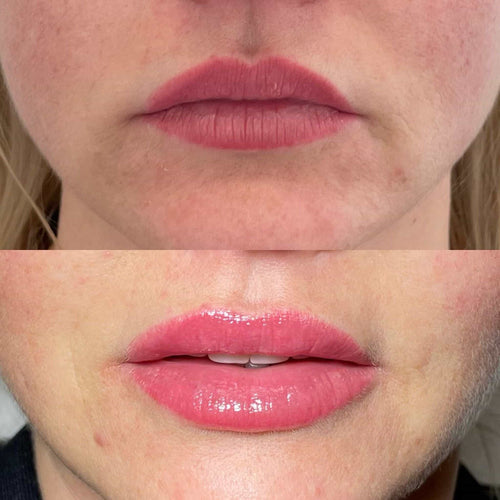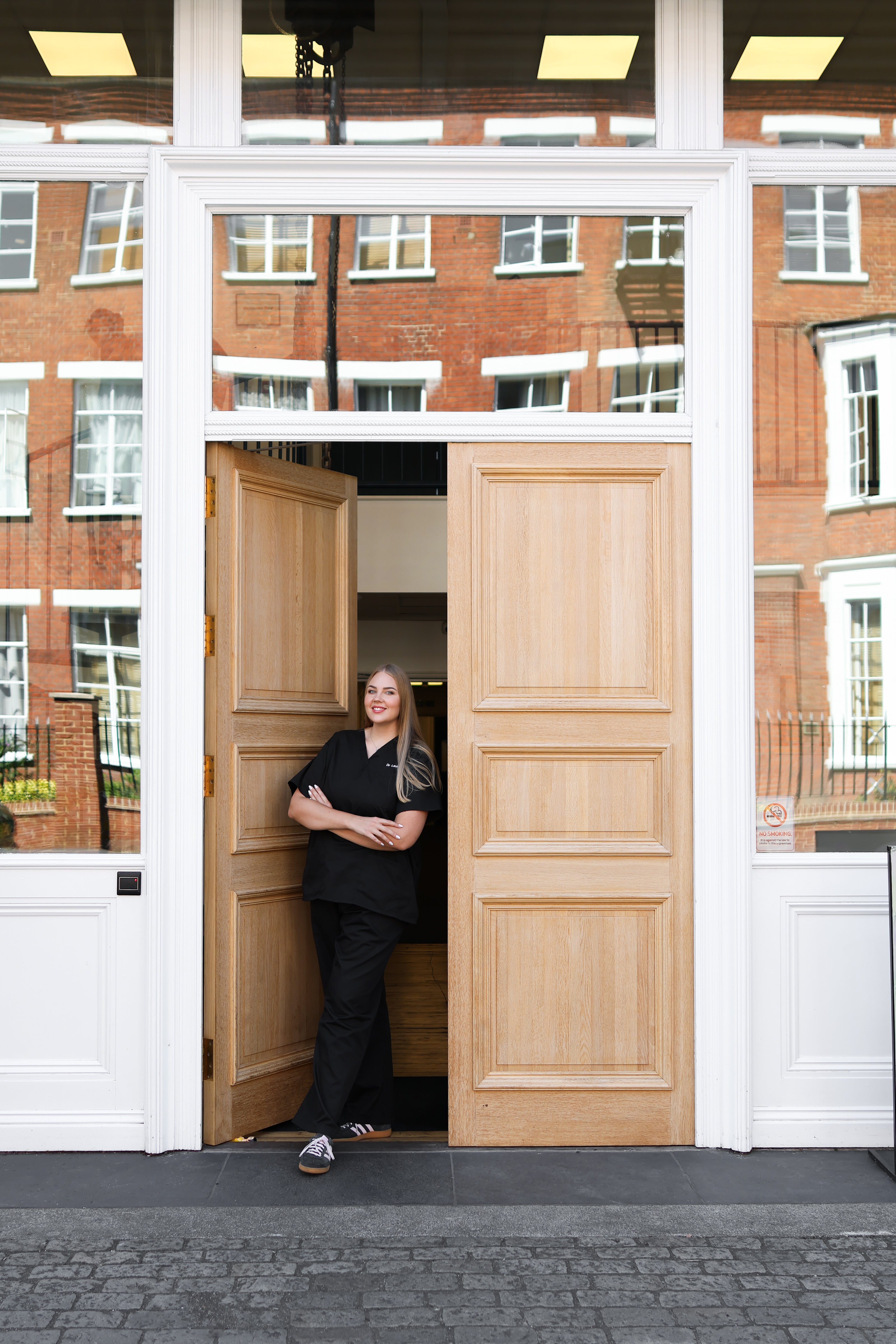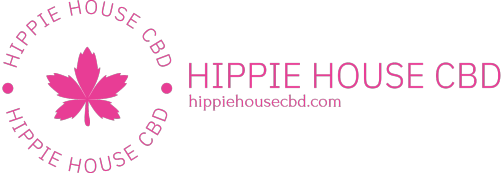CBD GUMMIES
Why Are CBD Gummy Sweets So Popular In The UKNovember 7, 2025
Reserve a Dermal Filler Consultation with Dr. Laura Geige Now
Minimizing swelling after lip filler is crucial for achieving optimal results and a comfortable healing experience.
Applying cold compresses strategically can significantly reduce swelling and discomfort.
Immediately following your procedure, begin applying cold compresses for 20 minutes on, 20 minutes off intervals for the first 48 hours.
Choose a cold compress that’s easy to hold against your lips comfortably, such as an ice pack wrapped in a thin towel or a chilled spoon.
Avoid direct contact between the ice and your skin as it can cause frostbite or irritation.
After the initial 48 hours, you can gradually reduce the frequency of cold compress application as swelling subsides.
Continue applying cold compresses for shorter periods throughout the first week to help manage any lingering inflammation.
Arrange Your Dermal Filler Session with Dr. Laura Geige

Minimizing swelling after lip filler injections is crucial for achieving optimal results and a comfortable recovery. Here are some effective strategies to help reduce inflammation and promote faster healing:
**Immediate Post-Treatment Care:**
Apply a cold compress: Immediately after your treatment, apply an ice pack wrapped in a thin towel to your lips for 10-20 minutes at a time. Repeat this process every few hours for the first 24-48 hours. The cold helps constrict blood vessels, reducing swelling and inflammation.

Elevate your head: Sleeping with an extra pillow can help drain excess fluid away from your lips, minimizing puffiness.
**Lifestyle Modifications:**
Stay hydrated: Drink plenty of water to flush out toxins and promote circulation.
Avoid strenuous activity: Give your body time to heal by avoiding intense workouts or activities that increase blood flow to the face.
Reduce salt intake: Sodium can contribute to fluid retention, so minimize your consumption of salty foods during the initial recovery period.
**Medications:**
Over-the-counter pain relievers: Ibuprofen or acetaminophen can help manage any discomfort and reduce inflammation. Follow the recommended dosage instructions.
Arnica cream: This natural remedy may have anti-inflammatory properties that can help alleviate swelling.
**Elevating Your Lips:**
Lip fillers are designed to add volume and enhance the shape of your lips. During the initial healing phase, expect some temporary puffiness as your body adjusts to the filler. As the swelling subsides, you’ll begin to see the true results of your lip augmentation. The desired “lifted” appearance will gradually become more apparent over the following days and weeks.
Remember that individual healing times vary, so be patient and follow your injector’s post-treatment instructions carefully. If you experience excessive swelling or any unusual symptoms, contact your provider immediately.
Minimizing swelling after lip filler injections is crucial for achieving a natural-looking and aesthetically pleasing result.
Here are some tips to help reduce swelling quickly and safely:
Hydration:** Drinking plenty of water is essential for overall health and can also help flush out excess fluids, minimizing inflammation.
**Gentle Movement:** While it’s tempting to want to massage the area, avoid vigorous rubbing or touching your lips excessively. Light tapping or gently stroking can promote circulation without irritating the injected site.
Ice Packs: Applying ice packs wrapped in a towel for 10-15 minutes at a time can help constrict blood vessels and reduce swelling. Repeat this throughout the first day or two after your procedure.
**Elevate Your Head:** Sleeping with an extra pillow can help drain fluids away from the injected area, minimizing puffiness.
Avoid Heat:
Steaming, saunas, and hot baths can dilate blood vessels and worsen swelling. Stick to cool showers or compresses instead.
Over-the-Counter Medications:**** Nonsteroidal anti-inflammatory drugs (NSAIDs) like ibuprofen can help reduce pain and inflammation. Follow dosage instructions carefully.
**Avoid Alcohol and Caffeine: ** Both alcohol and caffeine are diuretics, meaning they can dehydrate you and potentially worsen swelling.
**Follow Your Injector’s Instructions:** Every injector has their own post-procedure recommendations. Always follow their specific advice for the best results.
Arrange a Dermal Filler Consultation with Dr. Laura Geige
After undergoing lip filler injections, minimizing swelling and bruising is a top priority for most patients. While ice packs and elevation can help in the initial stages, there are other less common strategies to consider that focus on touch avoidance and overall skin sensitivity.
Avoiding further irritation is crucial during the healing process. Resist the urge to constantly touch or rub your lips. Gentle care is essential, but excessive touching can disrupt healing and potentially cause further inflammation or even damage.
Touch avoidance goes beyond just avoiding physical contact. Be mindful of any activities that might inadvertently irritate your lips, such as:
Pay close attention to your makeup routine. Avoid heavy or matte lipsticks that can irritate the sensitive area, as these may adhere more strongly and tug on the skin when removed.
During the healing period, consider using a humidifier to maintain adequate moisture in the air, which can help prevent dry, irritated lips.
After lip filler treatment, avoiding further irritation is crucial for minimizing swelling and promoting smooth healing.
One common culprit of irritation is makeup. Makeup can introduce bacteria into the injection sites, potentially causing infection and exacerbating inflammation.
Skipping makeup allows your lips to breathe and recover undisturbed.
Stick to gentle cleansers specifically designed for sensitive skin.
Avoid harsh scrubbing or exfoliating, as this can further irritate the treated area.
Cold compresses can be applied several times a day to reduce swelling and soothe inflammation.
Sleeping on your back will help minimize pressure on your lips.
Stay hydrated by drinking plenty of water, as this aids in overall healing and reduces dryness.
When it comes to minimizing swelling after lip filler injections, **time** truly is your ally. Understand that **inflammation** is a natural part of the healing process.
The body responds to any foreign substance—in this case, the hyaluronic acid in lip filler—with inflammation as it works to integrate the material.
While the desire for instant results is understandable, rushing the process can be counterproductive.
Instead of looking for quick fixes, focus on gradually reducing swelling over the coming days and weeks. This approach allows your body to heal naturally and minimizes the risk of complications or uneven results.
Here’s a breakdown of how time works in your favor:
Immediate 24-48 hours:**
Expect some degree of swelling. This is normal.
Days 3-7: Swelling begins to subside noticeably.
Week 1-2: Most of the swelling has reduced, revealing a clearer shape of your lips.
Full Resolution (Weeks 2-4):**
The vast majority of swelling disappears. Your lips will continue to settle and look their best as they fully integrate with the filler.
Remember, every individual heals at a different pace. What’s important is to be patient and allow your body to do its job.
On the Carpet My Mental Health Rocks Back to Work Experts Raindrops and Ribbons
WhatsApp us

0